Following in the footsteps of Henry Dunant
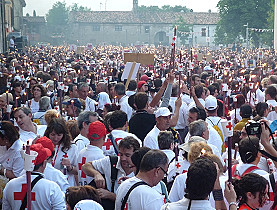
Some 13,000 people have taken part in a spectacular torch-lit procession in Solferino in northern Italy to commemorate the birth of the idea of the Red Cross.
Dressed in red and white and carrying flickering torches, Red Cross and Red Crescent volunteers from around the world on Saturday night followed in the footsteps of those who took injured soldiers from the Solferino battlefield, 150 years earlier.
The fiaccolata, or torch-lit march, was the highpoint of a week of events in the historical town to mark the 150th anniversary of the battle, which inspired Geneva businessman Henry Dunant to found the world’s largest humanitarian movement.
“Henry Dunant is the example that one human being can make a big difference,” Jakob Kellenberger, president of the Swiss-run International Committee of the Red Cross (ICRC), told the crowds at the Piazza Castello in Solferino before the start of the eight-kilometre procession.
On June 24, 1859 some 300,000 Franco-Sardinian forces and Austrian troops confronted each other along a 15-kilometre frontline near Solferino.
The decisive battle for Italian unity was to be the most horrific bloodbath Europe had known since Waterloo. In ten hours of artillery fire, cavalry charges and fierce hand-to-hand fighting, nearly 40,000 soldiers were killed or wounded.
“It was a terrible disaster. There was a lack of military intelligence – neither army was aware of the proximity of the other or their intentions, so the battle was totally improvised with troops fighting uphill, shoulder-to-shoulder,” ICRC historian François Bugnion told swissinfo.ch.
Dunant, who witnessed the battle and its aftermath, was moved by the lack of adequate medical care and helped soldiers for three days at the nearby town of Castiglione delle Stiviere.
He documented his experiences in his landmark book, A Memory of Solferino, which proved inspiration for the creation of the Red Cross.
Revisit memoir
Earlier on Saturday, ICRC staff read passages from Dunant’s memoir at the Chiesa Maggiore church in Castiglione delle Stiviere, which sheltered more than 500 wounded.
“When the sun came up on the twenty-fifth, it disclosed the most dreadful sights imaginable. Bodies of men and horses covered the battlefield; corpses were strewn over the roads, ditches, ravines, thickets and fields; the approaches of Solferino were literally thick with dead,” read ICRC delegate Angela Gussing.
Many of the wounded were just left where they lay. Medical services had been neglected and personnel were in very short supply.
Dunant organised local women to give food and water to the wounded and clean their wounds as they lay dying.
“The women, seeing that I made no distinction between nationalities, followed my example, showing the same kindness to all these men whose origins were so different, and all of whom were foreigners to them,” wrote Dunant.
Die with dignity
But according to ICRC head war surgeon, Marco Baldan, they probably just identified those patients who could survive and left the others to die with dignity.
“Those with a chance of survival had their limbs amputated with a simple knife or saw. But in those days it was really awful as there was no anaesthesia or antibiotics,” he said.
Dunant helped replace dressings and sent his coachman to buy cloth, food and cigars.
“But what was important was not his personal role in Castiglione, but rather the two ideas he drew from this experience: the creation of voluntary relief societies – the birth of the Red Cross – and a treaty protecting medical staff on the battlefield – the start of the Geneva Conventions,” said Bugnion.
Voluntary movement
One hundred and fifty years later the International Red Cross and Red Crescent Movement, comprising the ICRC, the International Federation of Red Cross and Red Crescent Societies and national societies, boasts 100 million workers and volunteers in more than 186 countries and territories, offering assistance in times of peace, conflict and natural disasters.
The procession was the culmination of a series of events to commemorate the anniversary. Many of the young people in the procession had been taking part in the third World Red Cross and Red Crescent youth meeting in Solferino from June 23-28.
Proudly lighting his candle, Jessie Qualah, from the Liberian Red Cross, said he was delighted to be present at the anniversary and to be part of the movement.
“It’s the greatest thing any man can do to volunteer their services to another person in need,” he said.
Simon Bradley in Solferino, swissinfo.ch

More
International Committee of the Red Cross
Some 300,000 men faced each other across a 15-kilometre battle line in northern Italy south of Lake Garda on June 24, 1859, with the armies of France and Sardinia on one side and Austria on the other.
Artillery fire, cavalry charges and hand-to-hand combat killed or wounded nearly 40,000 soldiers.
It was the last major European battle directed in person by reigning monarchs -Emperors Napoleon III of France and Franz Josef of Austria. Austria’s loss in the battle was a major step in the establishment of the modern state of Italy.
Many of the wounded were just left where they lay. Medical personnel were in very short supply. Swiss entrepreneur Henry Dunant was in the region by chance on business. Shocked by what he saw and the lack of adequate medical care, he helped wounded soldiers at the nearby town of Castiglione delle Stiviere.
The impact on Dunant was life-changing. Back in Geneva he documented his experiences in his landmark book, A Memory of Solferino, which proved inspiration for the creation of the Red Cross and the Geneva Conventions.
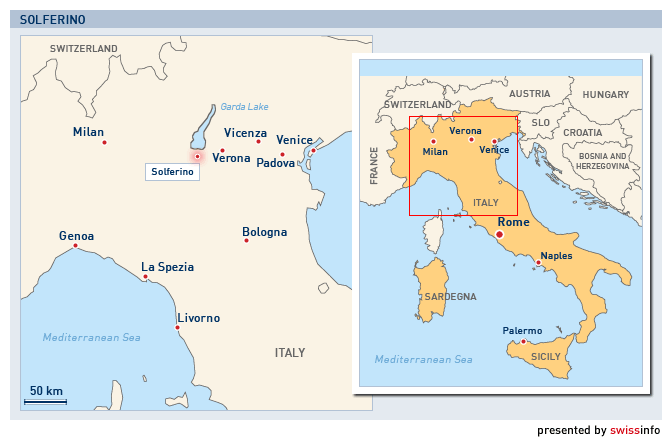

In compliance with the JTI standards
More: SWI swissinfo.ch certified by the Journalism Trust Initiative

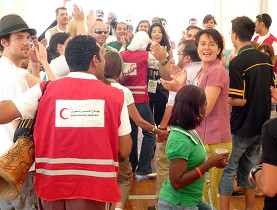
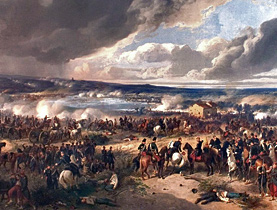
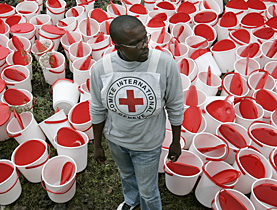
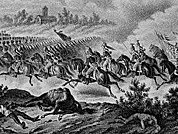
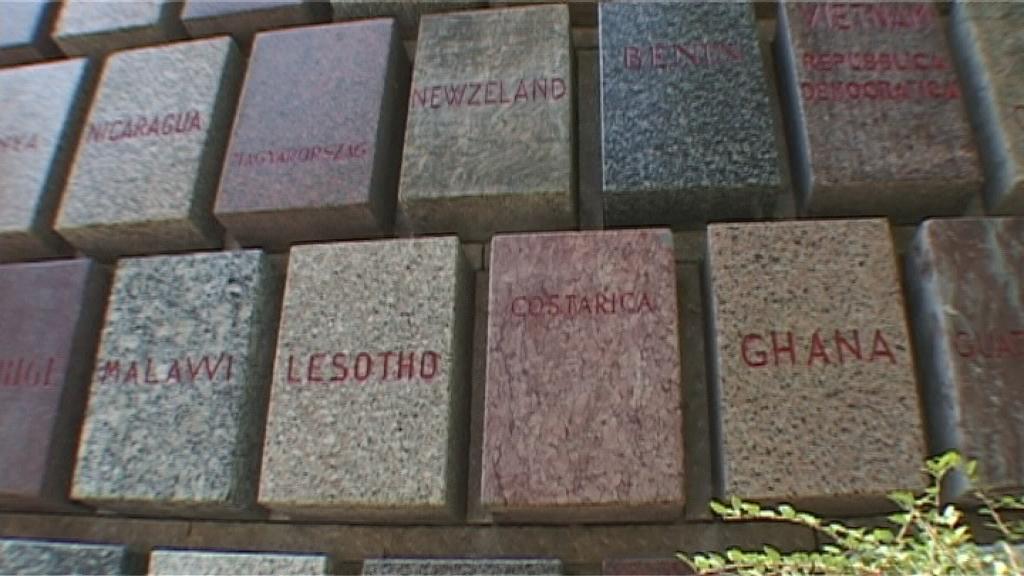
You can find an overview of ongoing debates with our journalists here. Please join us!
If you want to start a conversation about a topic raised in this article or want to report factual errors, email us at english@swissinfo.ch.